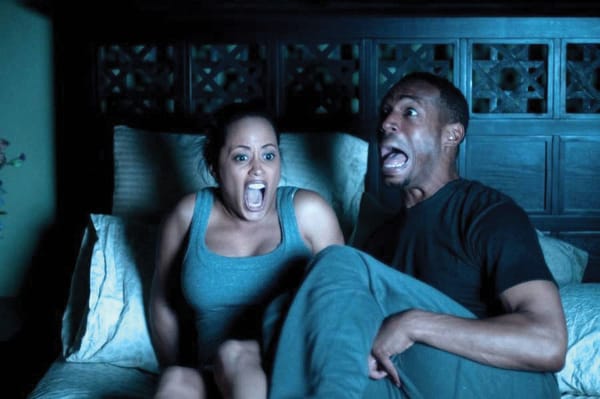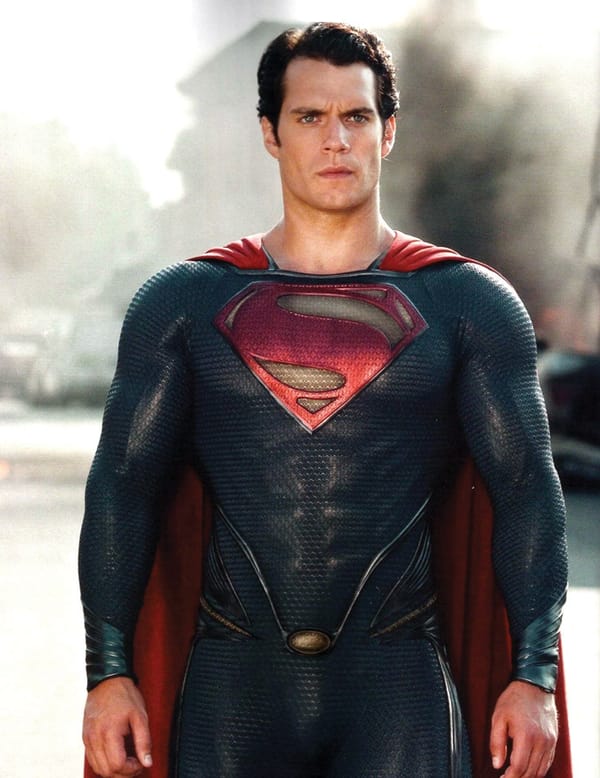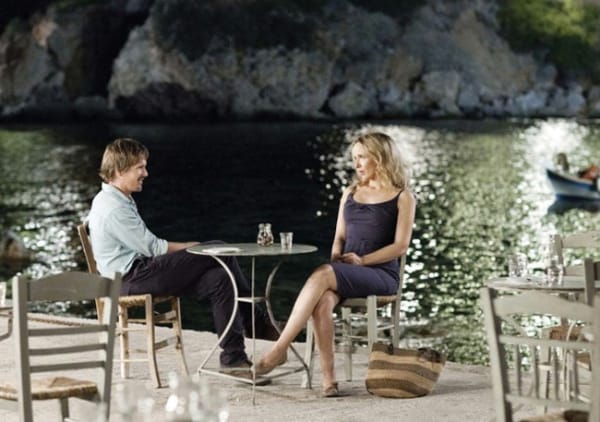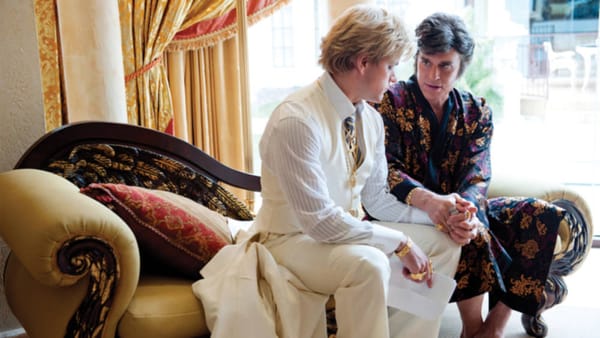The expendable boys go solo
Reviews of the latest films that the action men of Hollywood have made
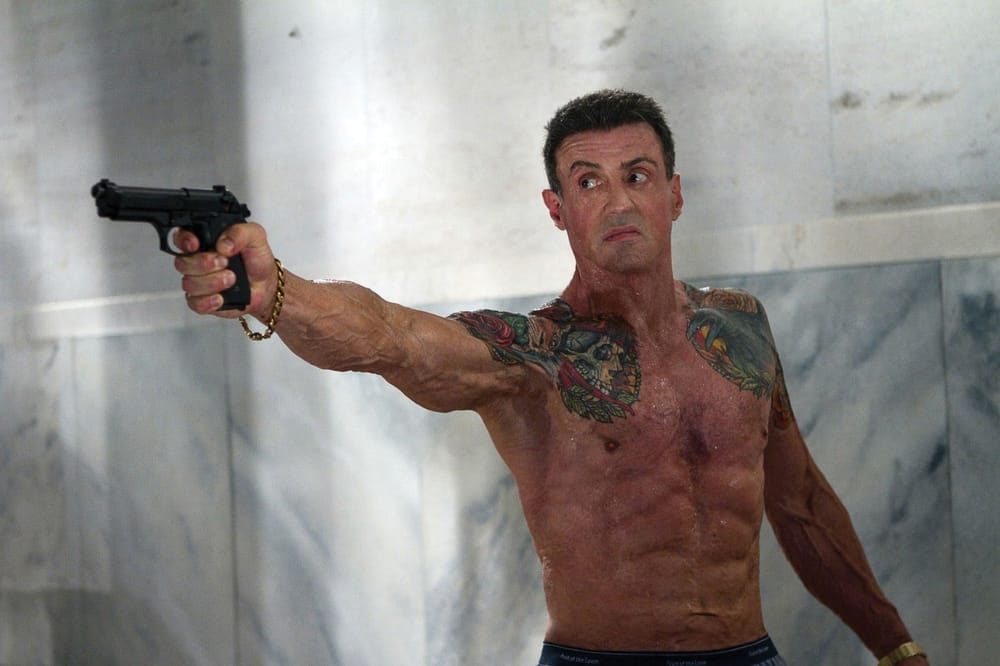
Bullet to the Head
The plot is almost irrelevant in Sylvester Stallone’s latest action vehicle. Sly is the good guy out for revenge after his partner is murdered during a devious double-cross, there are some bad people working with should-be-good but corrupt people looking to do some dodgy deals, and as the film’s title suggests, there are many exploding heads thanks to some excellent aim. Trust no-one, shoot anyone who gets in your way, preferably in the face, and walk away having completed your mission. It moves at a ridiculously quick pace, picking off one bad guy after another from a long list: Sly’s sidekick, Sung Kang, playing a police officer, has a knack for tracking people down with just a phone call. There’s friction initially, as James Bonomo (Stallone) is an assassin hired to hunt down and mercilessly kill for money, whereas Tyler Kwon (Kang) is a law-enforcer. There’s uncomfortable banter, Sly doesn’t have a problem taking jabs at Tyler’s Asian heritage, but soon they put their problems aside and it’s not long before the two start working together.
Stallone and Kang certainly have an easy chemistry to pass as two leads in a buddy-cop bromance action film: Stallone and his deep growling voice is mighty talented when it comes to delivering corny one-liners that end in embarrassing chuckles, and Kang is convincing being everything that Stallone is not: i.e. strict, by-the-book and not very smooth when it comes to carrying out his job. Sarah Shahi, being the only woman in the cast guarantees that she will need some sort of rescuing help, which she of course does in the end.
No one else truly matters here: the bad guys consist of Adewale Akinnuoye-Agbaje (more easily remembered as Mr. Eko from Lost), who couldn’t be a more generic villain, Christian Slater is a neurotic lawyer and it’s quite the comic relief to see him scared out of his wits when Stallone stands over him with a pair of pliers, and the young Jason Momoa provides a worthy opponent to Stallone in brutal combats.
Bodies stack up, chaos ensues, and there’s plenty of carnage. And Stallone shows he’s still got it at the age of 60+. Director Walter Hill, known for his male-dominated action, churns out yet another competent but not at all special feature that serves well as a highly entertaining, mindless but stupidly fun ride. – 3 Stars
The Last Stand
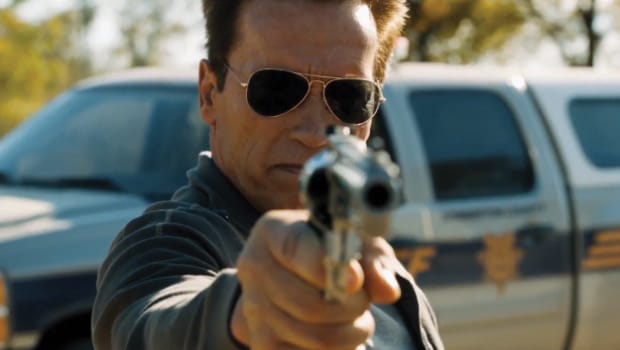
Arnold Schwarzenegger returns to the big screen in a lead role and he does exactly what he does best: he uncomfortably mumbles through his dialogue (which has been restricted to the minimum), his thick accent is still there, but when the villains dare to disturb the peaceful town where he’s the head sheriff, Arnie gets his kit in gear, and starts running them down with his truck. That’s right, he said he’ll be back, and he is.
The FBI is in a state of panic when notoriously dangerous drug lord Gabriel Cortez (Eduardo Noriega) escapes their rather flimsy custody. With an incredibly fast car, this skilled driver is heading for the Mexican border, to resume his usual practices and lead his cartel once more. What does any of this have to do with Sommerton, Arizona? Cortez has come up with a brilliant idea to go through a small town, where he suspects there won’t be any resistance whatsoever, to make the smooth transition from the States into Mexico. His gang led by Thomas Burrell (Peter Stormare) are busy building a bridge across a narrow canyon, and since the FBI is absolutely useless when it comes to sorting things out on theirown (in the film, I mean), it’s up to the sheriff and his deputies to stop this mad man.
Aside from Ray (Schwarzenegger), the others are not all that experienced. There’s Sarah (Jaimie Alexander), Mike (Luis Guzman), and Jerry (Zach Gilford), plus some unexpected help from Frank (Rodrigo Santoro) a jailed thief, and Lewis (Johnny Knoxville) who acts like a village idiot but someone you probably shouldn’t underestimate given what he keeps locked away in his garage. Not exactly the most ideal team to defend your town, but what we’ve got here is good enough it seems, and with Arnie on your team, there’s very little chance you’ll end up losing. There’s generally good build-up, if you exclude the obligatory blossoming romance subplot, and thanks to Knoxville and Guzman, there is casual humour to ease things along.
Difficult to sit through is any sequence involvingGabriel Cortez, the antagonist, opening his mouth, spewing dialogue as if it were written for a children’s cartoon villain. Even worse is his female ride-along, Genesis Rodriguez, who doesn’t have much to say but when she does, you wish the excruciatingly clunky dialogue rides off as quickly as the car they’re driving in.
But where the film feels most confident in is where there’s gunfire and explosions. Director Jee-Woon Kim doesn’t shy away from any preposterous ideas and chooses instead to embrace them, adding style and noise to give the full-on blockbuster experience. The film rarely takes any breaks, and as it works itself up to a much-needed showdown between Arnie and the villain, it pays off in a brutal yet satisfying sequence that shows off Arnie’s ever-lasting physical prowess.
Parker
Jason Statham is no doubt a one-trick pony who is outstanding at what he does. He’s a moody-looking, moody-sounding Cockney Brit whose suave tough-guy act is difficult to match. His martial arts skills have always been captured well and because of this mix of qualities, no matter how useless the film, Statham has always come across as a reliable lead in whatever situation he’s placed in.
Unless of course that vehicle is Parker, a film so invested in being taken seriously that it doesn’t have enough time to play around with its best assets.
It starts off promisingly enough, with a well-executed robbery of a fair that bags Parker (Statham) and his crew of four men 1 million dollars. Parker wants his share of 200,000 and to then walk away, whereas the rest of the gang, consisting of men who he’s never worked with before (never a good sign), wants to pool the cash in and invest for the next heist which is guaranteed to generate even more income. After this disagreement, Parker gets punched, kicked, shot, and is left for dead.
Some kind farmers find him, and he’s patched up very quickly and soon he’s back in action. Tracking down those idiots who messed with him, his search leads him down to Palm Beach, a process that gives Statham a chance to show off some slick moves. It’s only when he gets to Palm Beach and becomes closer to his targets, the plot comes to a screeching halt.
He has a woman in his life. Claire (Emma Booth) who sticks around no matter how much danger his job puts her in. Her father Hurley (Nick Nolte) is his mentor, although the relationship between the three of them isn’t so well established or explored. Another woman enters his life, Leslie Rodgers (Jennifer Lopez), a depressed, middle-aged divorcee who is far from the successful real-estate agent she wanted to be.
As a part of his stakeout routine, Parker needs to look at some houses, and this is how he runs into the single and desperate Leslie. And so starts the awkward combination as the two starkly contrasting characters bicker their way through getting even with the traitors. Lopez, who hasn’t had the most impressive track record in the film industry, is actually a valuable addition to the cast, adding some humour to the otherwise very dry and dull atmosphere.
Statham, although with all of his usual characteristics intact, is not allowed to show off enough and his scenes feel very stale. With a needlessly convoluted plot that doesn’t know what to do with its leading man, every scene involving him is atad stale, even though it is rather entertaining to watch Statham struggle through sporting a Southern cowboy accent.
There are good bursts of intense, bloody action; especially memorable is Parker’s defence method to stop a knife going into his eye, but there’s no doubt the pacing is a serious issue. The predictable but tidy ending is an improvement over the dud that is the meandering, muddled middle part, but it never reaches the height and potential of its gripping opening.

